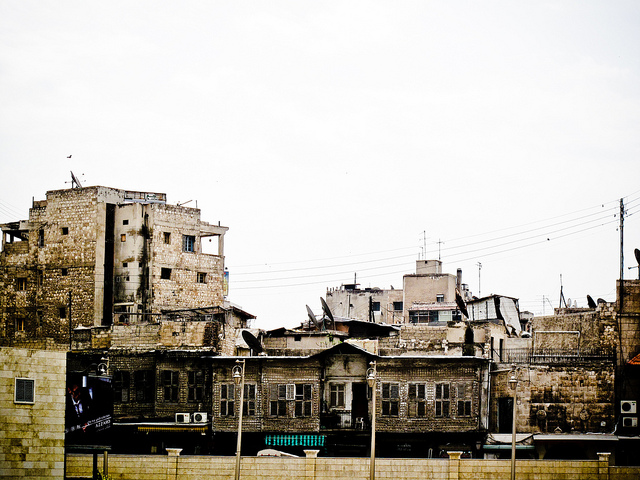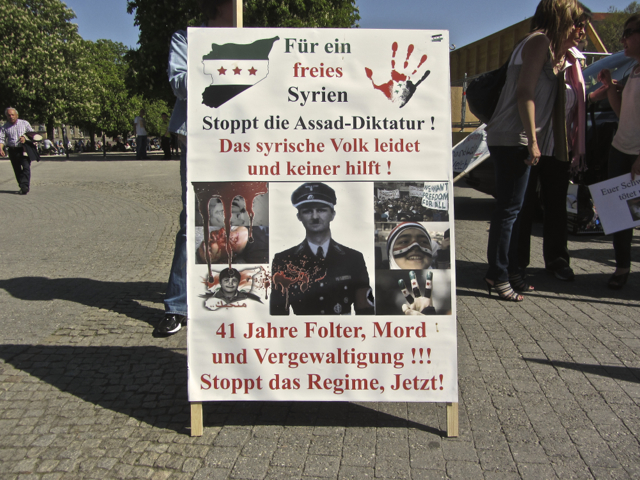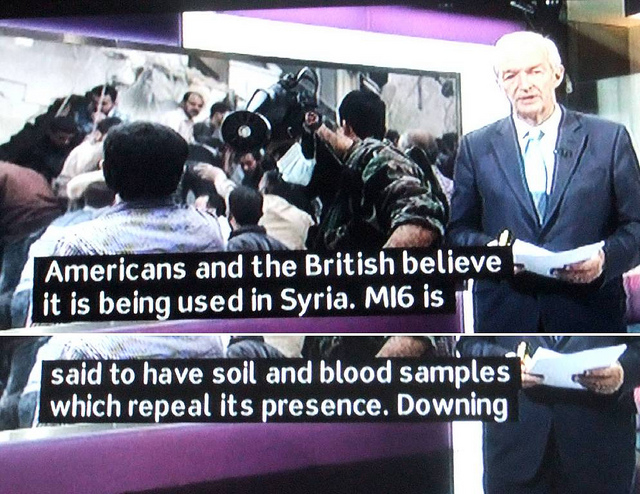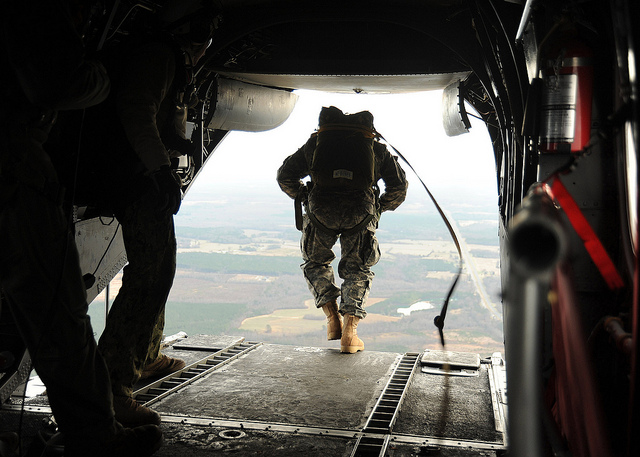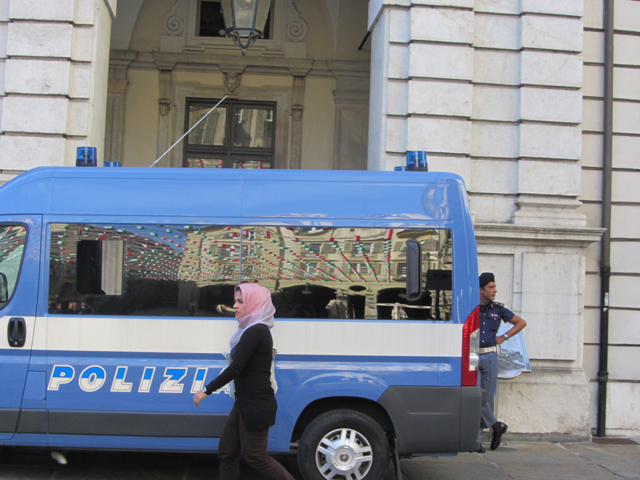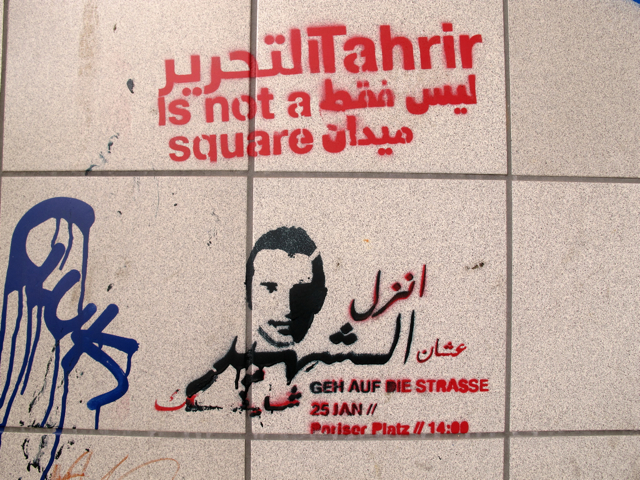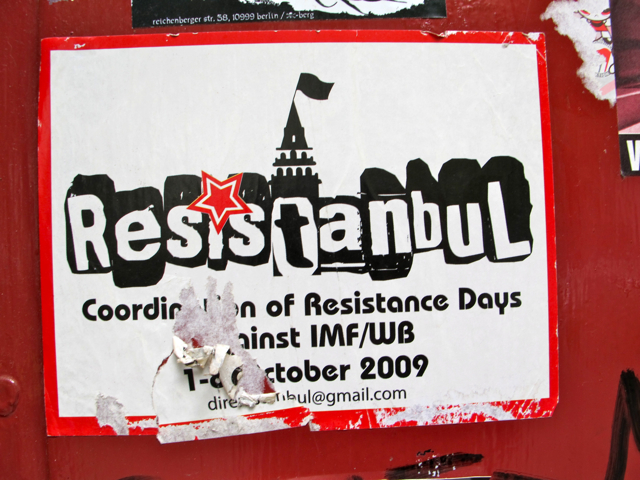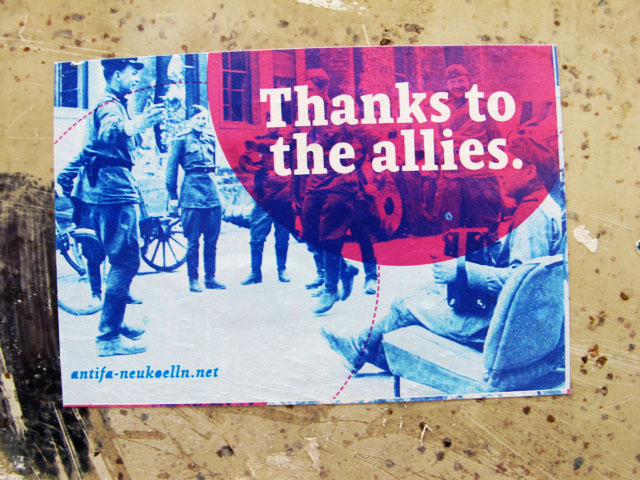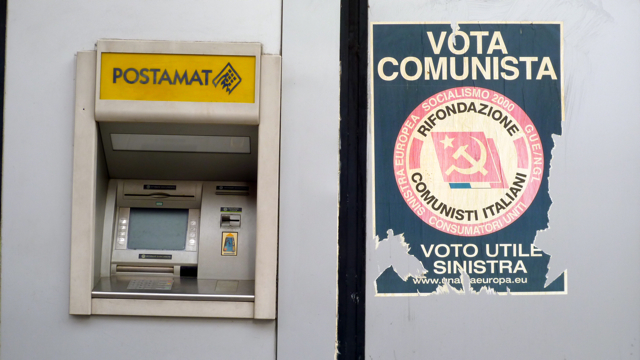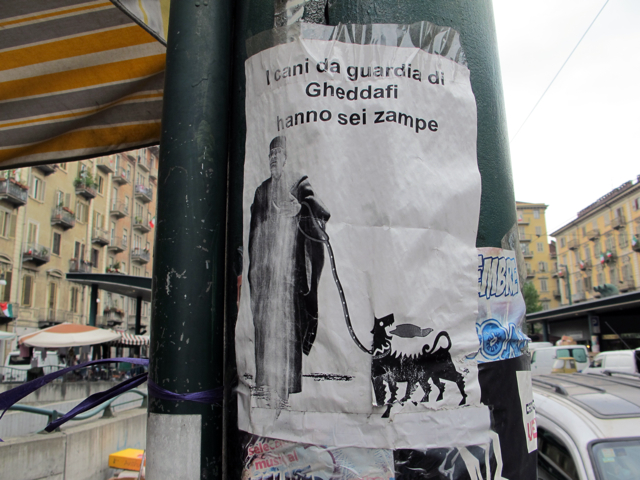Blog
My latest piece at LobeLog, where I frequently write on US foreign policy, examines the inadequacy of the current system of international law. It has gotten so ineffective that it is now more hindrance than help. The crisis in Syria shines a spotlight on the problem. (More…)
UN inspectors are going to investigate allegations of a major chemical weapons attack on Syrian civilians by the regime. It’s largely an exercise. The United States has already decided that the red line Obama drew many months ago has been crossed. That line is worth questioning. (More…)
The SEALS raid on Abbotabad, while widely celebrated in the United States, has been widely agreed in Pakistan to be our greatest humiliation since the events surrounding the 1971 war of Bangladeshi independence. This should not be surprising, as the scope and brashness of the mission appeared to only be rivaled by the Pakistani military’s inability to (1) know that the raid happened until news channels reported it, and (2) know that Osama Bin Laden was hiding in Abbotobad in the first place. (More…)
Few items of clothing are as controversial as the Islamic headscarf. Making sense of it is exceedingly difficult, particularly in France, where the hijab is seen as a sign of sexism, and a violation of the country’s secular social code. (More…)
I wrote recently about the apoplectic reaction of some members of Russia’s Jewish community to Stephen Fry’s very accurate comparison of the atmosphere in Germany at the beginning of Adolph Hitler’s Fascist regime and Vladmir Putin’s incitement to hate and violence against LGBT people in Russia. (More…)
Chemi Shalev is one of Ha’aretz‘ best reporters, and his commentary Strange Bedfellows makes for valuable reading. It describes how the diminished role the US is playing in the Middle East is being interpreted, not without merit, as US weakness, and that is causing so-called “moderate Arab states” (which is a euphemism for those states which are willing, however clandestinely, to work with Israel) to increase their cooperation with Israel. (More…)
“Walk like an Egyptian.” “Trafalgar square = Tahrir Square.” Comparisons to the uprising then-underway in Egypt were aplenty at London’s anti-cuts protest in March 2011. No surprise there. For the first time since 1989, revolutionary fervor was crossing national boundaries, challenging authoritarianism in the name of democracy. (More…)
Istanbul is not the first place we associate with revolution. Paris, 1968, maybe, or east Berlin, circa 1989. Given Turkey’s continued economic growth and strategic importance, it was inevitable that it would become a site of international leftist activity, not just that of domestic political organizations. (More…)
Double takes are quite common. Especially for first time visitors from the United States, who know little about German politics. Appearing like clockwork, just before annual commemorations of the end of World War II, such anti-fascist stickers harken back to a time when radicals were grateful for being liberated by the Americans. (More…)
The art direction is fabulous. Is there anything less apropos than a sickle and hammer next to a machine that spits out Euros? As obvious as it seems, such messaging is not that common. Not even in countries like Italy, where anti-capitalist parties still play a role in national politics. Milan, February 2010. (More…)
Cynicism is warranted. If Italy could serve as a staging base for NATO attacks against one of the largest investors in its economy, why wouldn’t Nicolas Sarkozy participate in the operation? Hence the note of sarcasm in this badly copied anti-Libyan War flyer, found on Via Madama Cristina, in Turin. (More…)
